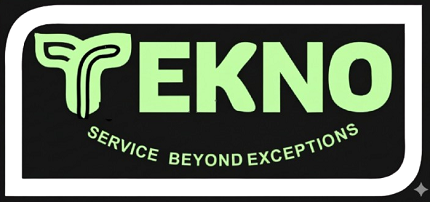


BEE Registration, short for Bureau of Energy Efficiency Registration, is a regulatory process in India to promote energy efficiency and conservation. This initiative falls under the Bureau of Energy Efficiency, a statutory body established under the Energy Conservation Act of 2001. BEE Registration primarily encourages industries and manufacturers to adopt energy-efficient technologies and practices.
BEE, established on March 1, 2002, under the Ministry of Power, is dedicated to conserving energy and cutting costs in India. To achieve this mission, the Indian Government has made it mandatory for specific products to feature BEE star ratings.
Manufacturers and businesses in India can voluntarily seek BEE Registration to demonstrate their commitment to reducing energy consumption and minimizing environmental impact. One of the key aspects of this registration is the BEE Rating system, which assesses and rates appliances, equipment, and industrial units based on their energy efficiency performance.
The BEE Rating system assigns a specific number of stars (ranging from 1 to 5) to products and appliances, with a higher number of stars signifying greater energy efficiency. The labelling is mandatory for several products, including refrigerators, air conditioners, and LED lamps. Consumers can make informed choices by selecting products with higher star ratings, reducing energy bills and contributing to energy conservation.
BEE Raise awareness of energy efficiency and conservation and share information about it. A BEE-rating certificate is required to demonstrate a product’s level of performance and electricity usage. Indicators of product efficiency and performance in terms of electricity consumption are included in the certificate.
The Bureau of Energy Efficiency’s purpose is to “institutionalize” energy efficiency services, enable delivery methods across the country, and lead energy efficiency in all industries. Its primary objective is to reduce energy intensity in the economy.
1. Brand/Trademark certificate
2. Quality Management System Certificate (ISO 9001) of the factory
3. List Of Authorised Retailers
4. MSME certificate (which varies as per the company’s turnover)
5. And mention Quality Management System Certificate (ISO 9001) of the factory and applicant firm
STEP 1: PRODUCT TESTING
BEE Registration begins with the testing of a sample to determine the rate of energy consumption. At the time of MODEL Registration, the test report will be required. Applicant needs to send the sample(s) and technical documentation to a NABL-accredited lab for testing and receive the results.
Two types of testing are done, which are as follows:
1. Performance Testing – All items covered by the BEE are subjected to performance testing. It aids in depicting the product’s performance, and a star rating is assigned as a result.
2. Safety Testing – The samples covered by BEE and BIS are subjected to safety testing. This test is used to determine whether the product is consumer-friendly or not.
Tekno Engineers India is a trusted partner for BEE Registration Consultancy, providing comprehensive support to ensure your electrical appliances not only comply with essential standards but also achieve optimal Star Ratings. As your dedicated BEE Registration Consultant, we deliver customized solutions tailored to your business needs, guiding you seamlessly through every stage of the certification process.
With our deep expertise and extensive experience, Tekno Engineers India offers exceptional BEE Certification Consultancy Services, simplifying the complexities of BEE Registration and helping your products stand out in a competitive market.
Our mission is to empower businesses by making the BEE Registration process efficient, transparent, and effective. Partner with Tekno Engineers India to achieve compliance, quality, and market distinction, and take the first step toward BEE Registration excellence with confidence.
WhatsApp us